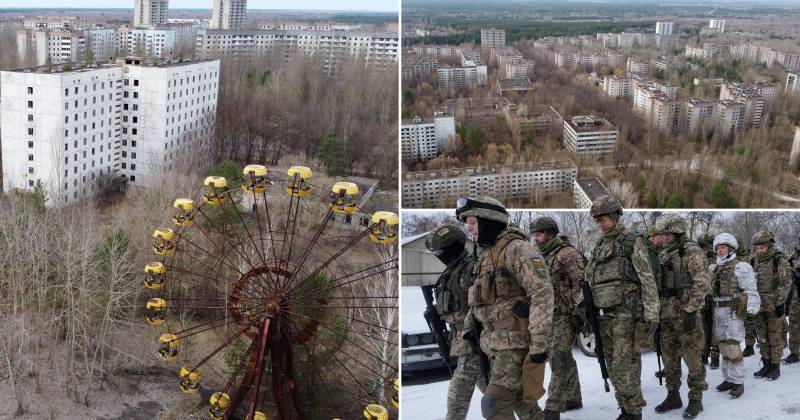Russia says 'limiting' sites of BBC, Deutsche Welle, Meduza

Stay tuned with 24 News HD Android App

Russia's media watchdog said Friday it had restricted access to the BBC and other independent media websites, tightening controls over the internet more than a week after Russia invaded Ukraine.
Access to websites of the BBC, the independent news website Meduza, German broadcaster Deutsche Welle, and the Russian-language website of the US-funded Radio Free Europe/Radio Liberty, Svoboda, were "limited" by Roskomnadzor following a request from prosecutors.
The agency said that in each case, the prosecutors' request was filed on February 24, the day Russian President Vladimir Putin launched his attack on Ukraine.
The invasion has claimed hundreds of lives and spurred allegation of war crimes.
The BBC responded by saying that access to "accurate, independent information is a fundamental human right which should not be denied to the people of Russia, millions of whom rely on BBC News every week.
"We will continue our efforts to make BBC News available in Russia, and across the rest of the world," added a spokesperson for the broadcaster.
The BBC announced this week that the audience for its Russian language news website more than tripled its weekly average, reaching 10.7 million in the last seven days.
In English, visitors to bbc.com in Russia soared by 252 percent to 423,000 in the same period, the broadcaster said.
Director-general Tim Davie promised to "continue giving the Russian people access to the truth, however we can", as more shortwave frequencies to receive BBC radio in Ukraine were added.
"In a conflict where disinformation and propaganda is rife, there is a clear need for factual and independent news people can trust," he added.
The past year has seen an unprecedented crackdown on independent and critical voices in Russia that only intensified after the start of the invasion.
Ekho Mosvky -- a liberal-leaning radio station majority-owned by Russia's energy giant Gazprom -- said Thursday it would shut down after being taken off air over its coverage of the Ukraine war.
Authorities had on Monday blocked the Ekho website and took the station off air as punishment for spreading "deliberately false information" about the conflict.
Editor-in-chief Alexei Venediktov said in a post on Ekho Moskvy's Telegram channel Thursday that it would continue to publish content on YouTube and social media "despite the decision of the board of directors" who voted to liquidate the radio station and website.
Ekho Moskvy was founded in 1990 during the final days of the Soviet Union.
Russian media have been instructed to publish only information provided by official sources, which describe the invasion as a military operation.
Russia's state-controlled television channels meanwhile have doubled down on Kremlin narratives about nationalism in Ukraine, while accusing Kyiv of using civilians as human shields in the conflict.
